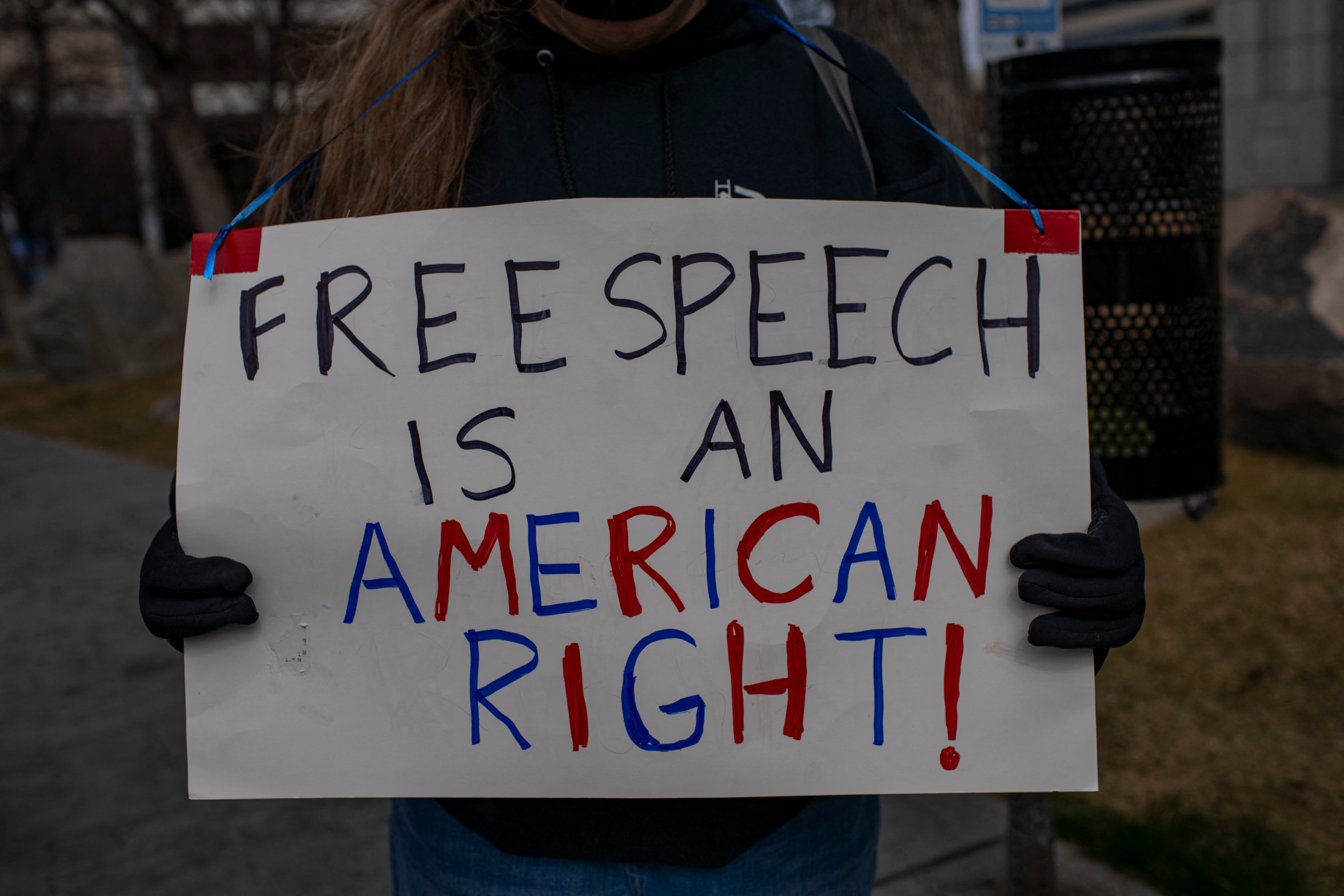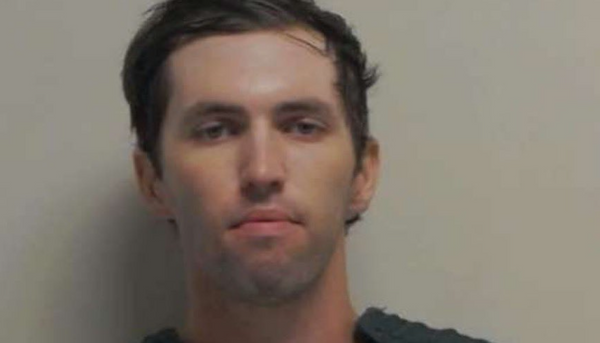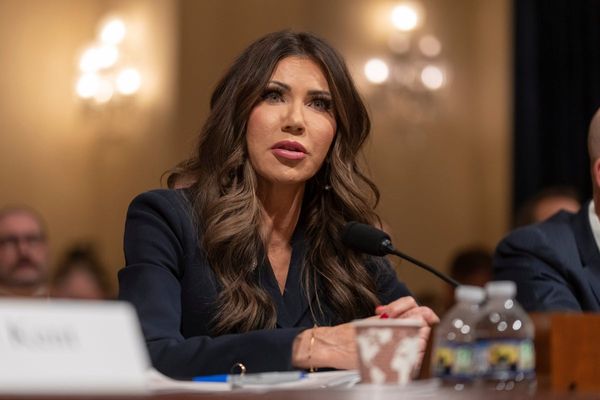
Mississippi can continue to enforce a state law that seeks to protect children online by requiring age verification on social media while litigation on the issue plays out in court, the Supreme Court said on Thursday.
In an unsigned order, justices upheld a lower court ruling that sided with Mississippi and allowed the state law known as the “Walker Montgomery Protecting Children Online Act" to take effect temporarily, as judges determine the law’s constitutionality in court.
Until a federal appeals court issues a final ruling, anyone under the age of 18 seeking to use Instagram, Reddit, Pinterest, Snapchat, Facebook, YouTube, or X in the state will need to provide parental consent in order to use the social media platforms.
As is typical in such orders the justices did not provide a reason for siding with Mississippi.
Justice Brett Kavanaugh did issue a short concurring opinion, saying the social media companies failed to show that allowing the law to take effect would cause immediate harm.
Kavanaugh contended that he does believe the social media companies, represented by NetChoice LLC., a trade association that advocates for free speech, would “likely” succeed in their argument that the law violates the First Amendment down the road.
The law, enacted by the governor last April, requires social media platforms to obtain parental consent for minors wishing to use their services or face civil penalties of up to $10,000 per violation as well as potential criminal penalties.
The law does not apply to websites devoted to news, sports, commerce, or video games. It also exempts email and direct messages.
Approximately 12 other states have passed similar laws, seeking to protect children from data collection, online predators, and other social media harms.
The debate over how to protect minors from harmful online content or behavior has been hotly contested over the last few years. More lawsuits have been filed at the Supreme Court in recent years, asking the justices to determine at what point protection laws infringe on the First Amendment.
Generally, the First Amendment protects a wide breadth of speech, with few exceptions.

NetChoice sued the Mississippi Attorney General on behalf of nine social media platforms belonging to its association members, claiming the law violated the First Amendment by infringing on minors’ right to speak without parental control.
NetChoice also argued that many of the platforms already have “their own suite of parental controls” to protect minors from certain services and allow parents to make their own decisions.
The state’s Attorney General Lynn Fitch argued that the Mississippi law is designed similarly to protect young people from activists not protected by the First Amendment such as sexual or physical abuse, extortion, incitement to suicide, and more.
This past year, the court upheld a Texas law that requires people visiting sexually explicit websites to verify their age. The law was enacted, in part, to protect minors from viewing pornographic content.
While the Supreme Court’s ruling is temporary, the justices could return to the issue if the Mississippi Attorney General or NetChoice appeals to the high court. But the lower court, the Fifth Circuit Court of Appeals, must make a final ruling first.
Paul Taske, the co-director of the NetChoice Litigation Center, said in a statement, “Although we’re disappointed with the Court’s decision, Justice Kavanaugh’s concurrence makes clear that NetChoice will ultimately succeed in defending the First Amendment—not just in this case but across all NetChoice’s ID-for-Speech lawsuits. This is merely an unfortunate procedural delay.”
A Michigan autoworker's wallet is found under a hood in Minnesota — 151,000 miles later
Supreme Court allows enforcement of Mississippi social media age verification law
Taylor Swift's new album has everyone seeing orange: An exploration of the color
Maine clinics hope to get blocked Medicaid funds restored as they sue Trump administration over cuts
White House believes Corey Lewandowski fudging his work hours: report
CNN panelists’ on-air fight over Trump’s DC takeover ends with bedroom smear







